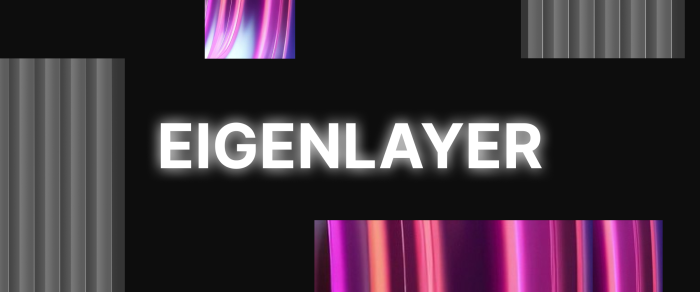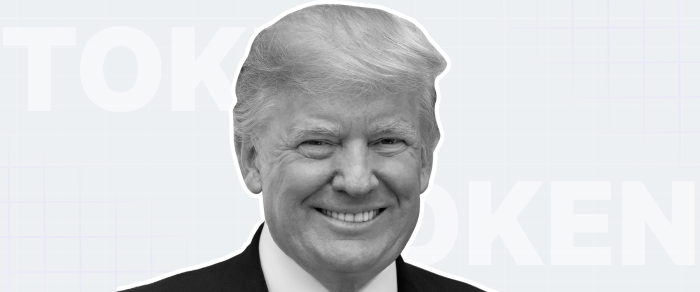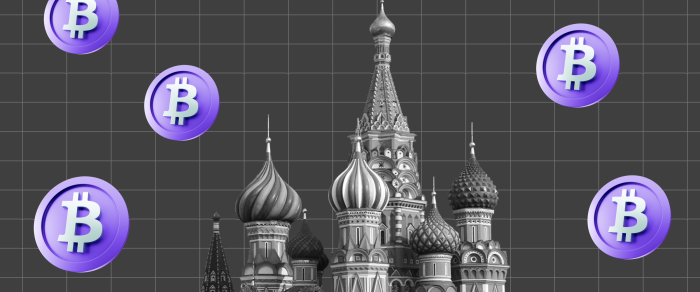Coinbase Got Some Bad News. It All Started with Kraken.
The crypto industry just got shocking news. On Feb. 9, the U.S. The Securities and Exchange Commission announced that it had settled a case with Kraken, resulting in the cryptocurrency exchange agreeing to pay a $30 million fine.
But what’s most striking about the regulator’s agreement is that Kraken, one of the main platforms on which investors can buy and sell cryptocurrencies in the U.S., also agreed to shut down its U.S. staking service.
“To settle the SEC’s charges, the two Kraken companies agreed to immediately cease offering or selling securities through crypto-asset staking services or programs and pay $30 million in damages, bias interest, and civil penalties,” the federal agency said in a statement.
The SEC alleged that Kraken’s staking service was an illegal sale of securities. Kraken settled the case without admitting or denying wrongdoing.
The Nutshell of The Problem
Staking is a way for investors to fix or put their cryptocurrency tokens on the blockchain validator. The goal is to be rewarded with new coins when their cryptocurrency tokens become part of the data validation process on the blockchain.
Staking is permitted only on blockchains that employ the proof-of-stake validation method, such as Ethereum, Solana, Cardano, and Tezos, to guarantee that transactions are confirmed and protected without the involvement of a bank or payment processor.
“The reason your crypto earns rewards while staked is that the blockchain puts it to work,” explains crypto exchange Coinbase.
The collapse in cryptocurrency prices last year, as well as the subsequent drop in trading volumes, has forced many exchanges to rely more and more on staking services. As a result, cryptocurrency staking programs have become a significant source of revenue for platforms.
This was heightened by the adoption of ethereum, widely regarded as the most important blockchain since, in September, it enabled the construction of decentralized finance apps via the proof-of-stake validation method. As a result, many investors are putting their ether, ethereum’s native token, on the blockchain to reap rewards.
This move helped Coinbase, which became the second largest Ethereum depositor. Staking and other blockchain incentives revenue accounted for 11% of Coinbase’s overall revenue in the third quarter of 2022, up 2.5% from the second quarter.
As a result, the SEC’s judgment represents a setback for Coinbase. The company’s shares plunged 14% on the day, the most since July 26, when the SEC and Kraken reached an agreement.
On February 10, the shares of Coinbase stayed down. According to Bloomberg, Coinbase is under investigation by US regulators for allowing US investors to exchange digital assets that should have been registered as securities. Investors believe that the SEC will act against the platform’s staking service.
“Validators form no horizontal community or commonality. There’s no vertical commonality, either. Validators don’t expect rewards from significant managerial efforts of other validators – they expect rewards primarily from their own efforts and funds.”
What Follows Now?
Grewal stated following the settlement announcement that there was a significant difference between the staking products supplied by Kraken and those offered by Coinbase.
He stated, adding that, for example, these things are essentially yielding products. True on-chain staking services are fundamentally different in that their consumers have a right to their rewards. He and his team cannot simply decide not to pay any rewards at all.
He went on to say that their client’s assets are always theirs and are transparently accounted for in regular public audits.
The SEC seems to disagree.
“When investors provide tokens to staking-as-a-service providers, they lose control of those tokens and take on risks associated with those platforms, with very little protection,” the federal agency said in its statement.
However, there are differences of opinion within the regulator. Commissioner Hester Pierce, referred to in the industry as the “crypto mom,” has stated categorically that SEC crackdowns are not an effective or fair way to regulate an emerging industry.
In her statement, she pointed out that using coercive measures to inform people about the laws in emerging businesses is neither effective nor fair. In addition, because betting services are inconsistent, one-time enforcement actions and pattern analysis are ineffective.



